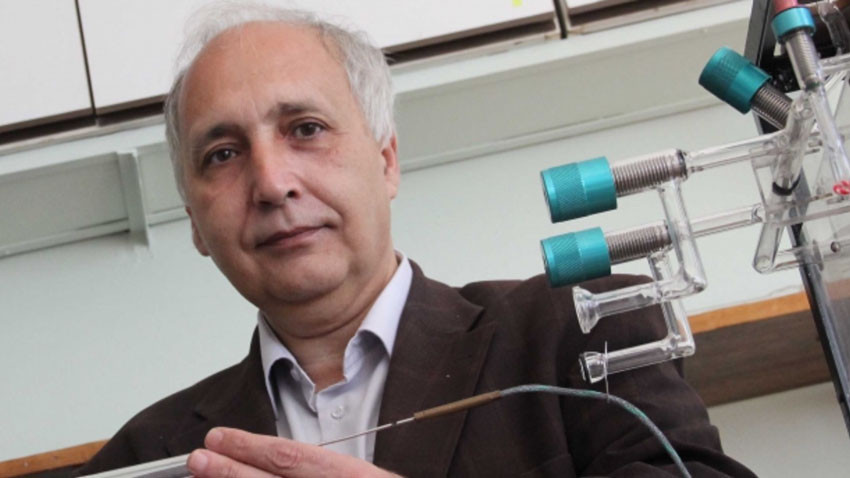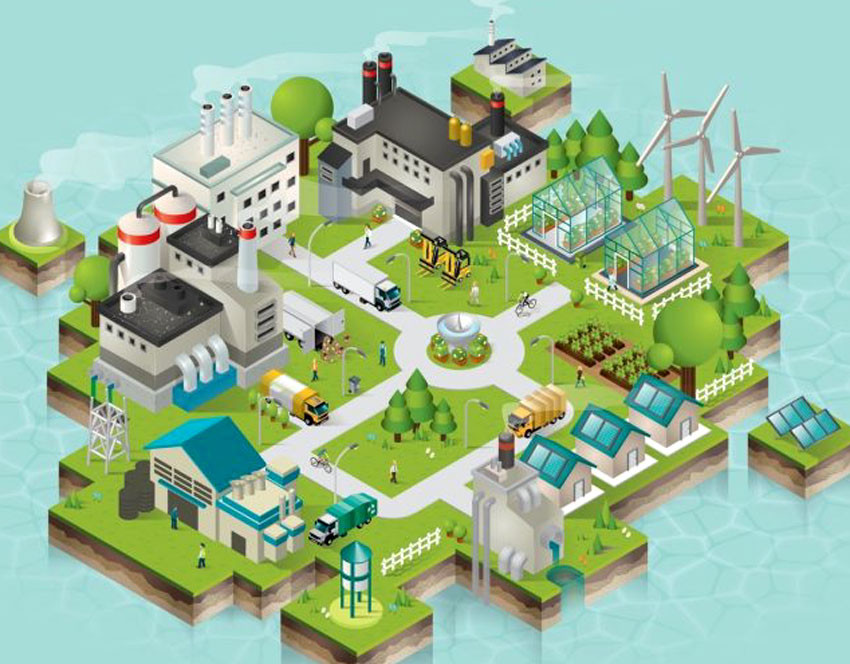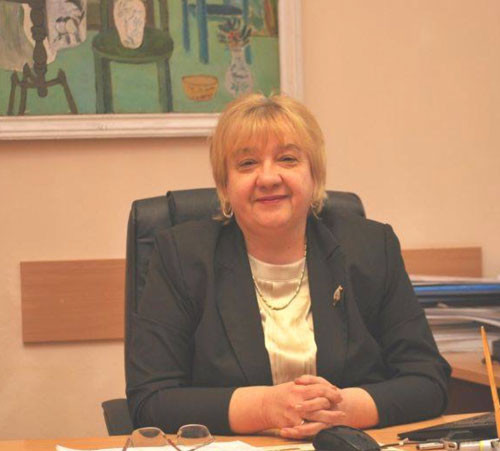Reducing carbon dioxide emissions into the atmosphere can be achieved by using zero-emission fuels. Unfortunately, the use of such fuels that do not emit carbon dioxide cannot be achieved in a short time, says Prof. Konstantin Hajiivanov, Coordinator of the National Program.

Currently, scientists at the Bulgarian Academy of Sciences are working on developing methods for capturing carbon dioxide and partially utilizing it. Even if half of the amount is put into use, it would be a good economic solution, the chemist said. According to him, one of the successful methods of capturing the greenhouse gas is by using membranes to separate it. This way it would be stored so that it did not go into the atmosphere. Other avant-garde solutions, according to Prof. Konstantin Hajiivanov, include the splitting of gas through plasma and the use of some plants such as algae, which, through photosynthesis, absorb carbon dioxide at an accelerated rate.
The storage and conversion of renewable energy is another major section of the National Program.
“The question is how energy from renewable energy sources such as sunlight, wind and others can be preserved,” Prof. Konstantin Hadjiivanov says. “We have been working on batteries of a new type and we have also been developing electric vehicles and hydrogen vehicles. Hybrids, combining both sources of energy, are the most important, because if the battery was low, one could switch to hydrogen to ensure mobility.”

A hybrid trolleybus, powered by electricity and hydrogen, which is considered the energy of the future, would be transporting passengers on the capital's boulevards in three years when the scientists would be ready with their pilot project, Prof. Konstantin Hadjiivanov says. Shipping is also interested in hydrogen as it does not produce carbon emissions. A team from the University of Ruse is currently working on a project for an environmentally friendly river vessel.
 “The program envisages the development of a river vessel, which is to be powered by hydrogen and at the same time would use energy obtained from solar panels,” Prof. Velizara Pencheva of the University of Ruse says. “Together with the municipality of Silistra and our Romanian colleagues, we have already developed the idea of a vessel powered by solar energy, and now we are upgrading it with the use of hydrogen. By resorting to alternative sources of vehicle propulsion instead of internal combustion engines, we would help the Danube River, neighboring towns and villages and preserve nature in the area. We hope to launch a prototype of our vessel in 2021, which could be used for both tourist and short-distance travels.”
“The program envisages the development of a river vessel, which is to be powered by hydrogen and at the same time would use energy obtained from solar panels,” Prof. Velizara Pencheva of the University of Ruse says. “Together with the municipality of Silistra and our Romanian colleagues, we have already developed the idea of a vessel powered by solar energy, and now we are upgrading it with the use of hydrogen. By resorting to alternative sources of vehicle propulsion instead of internal combustion engines, we would help the Danube River, neighboring towns and villages and preserve nature in the area. We hope to launch a prototype of our vessel in 2021, which could be used for both tourist and short-distance travels.”
Innovative methods for using and storing clean energy will find practical application in other interesting projects as well, such as for the autonomous energy supply of a single-family house.
English: Alexander Markov
Photos: private library and eplus.bas.bgFor more than a week now, the story of a family of breeders raising local breeds of sheep has captured the attention of not only the Bulgarian public, but also of compatriots abroad. Instead of following the drama in Parliament and the struggle for..
Who said Bulgarians were grumpy pessimists? Take a stroll through Sofia's Christmas bazaars and meet the cheerful crowd. The festive decorations, music, merry-go-rounds and stalls overflowing with treats and handmade souvenirs can make the gloomiest..
Bulgarian studies are highly valued at the Bogdan Khmelnitsky State Pedagogical University in the Ukrainian city of Melitopol. So it comes as no surprise that the university is hosting the latest edition of the International Bulgarian Studies Readings,..
Dear friends, We at Radio Bulgaria send you our warmest wishes for a Merry Christmas! May your hearts overflow with joy, your homes be filled..
The 22nd edition of the "Bulgarian Christmas" charity performance will take place tonight at the Ivan Vazov National Theatre. The initiative is held..
For the fifth consecutive year, the Sketches of Sofia initiative have delighted Sofia's residents with gifts placed at the city's statues . Every year,..

+359 2 9336 661
